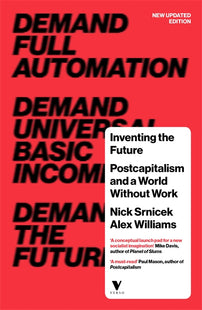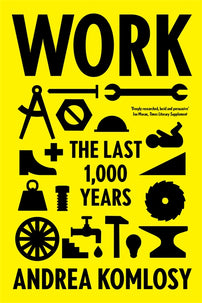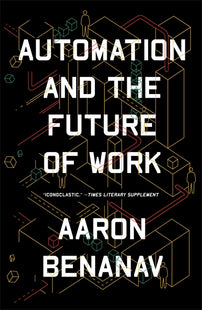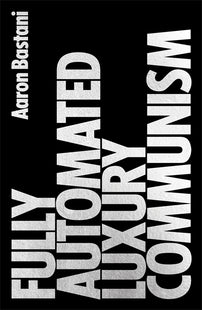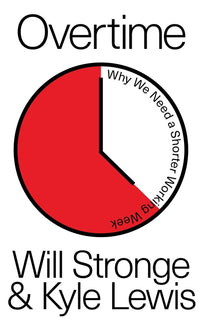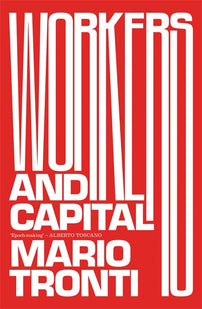On the meaning of "work"
What we mean when we talk about "work" is a product of a particular historical process. But does the semantic ambiguity of the word pose problems for any conception of a "post-work" world?
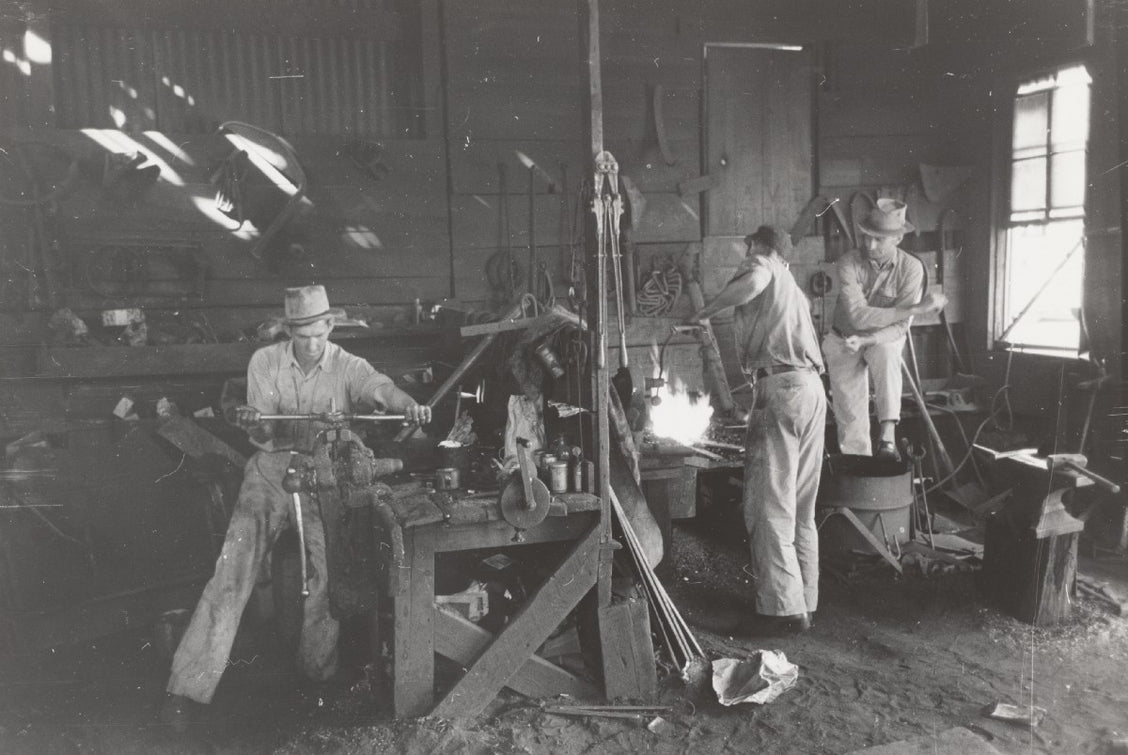
What we mean when we talk about "work" is constantly shifting. Work, and the words we use when we speak of it, are ultimately products of history. The modern usage of the word mostly refers to paid activity, yet once the word itself would be used refer to every aspect of our subsistence. And it’s not just the word itself—specific forms of work exist now that were unimaginable even 400 years ago, and vice versa. So, as well as the limits of what it incorporates, the very meaning of work is in flux. Where the original Greek use was one of utter disdain, over the 2000 years since, work has been valorised, coming to occupy a privileged position in our culture.
As Andrea Komlosy details in her recent book Work: The Last 1,000 years, since the Roman Empire, the word has consistently carried two distinct connotations. On the one hand, work expresses a sense of toil, hardship or struggle; and on the other, the act of creation or production. In Latin, these were distinguished as labor and opus. In German that distinction persisted as arbeit and werk, and even though modern English does not carry this distinction with two different words, those conflicting meanings are still evident in phrases as distinct as "hard work" or "work of art".
The Meaning of "Post-Work"
In recent years, we have seen a revitalisation of a movement that has sought to fight against this valorisation of work. The aim of the post-work movement has been to once more renew the stalled progress of the labour movement in reducing the amount of time we spend within the wage relation, and to centre the importance of human flourishing over economics. Yet, is there something in the choice of the word "work" in the name 'post-work' that, defined negatively, also implies the eradication of both senses of its meaning? As well as invoking these negative connotations—from punitive exploitation to pointless mundanity—work also incorporates music, literature, politics, DIY, and much more. Post-work is intended as a provocation: a utopian break from naturalised capitalist relations. Yet by any feasible definition, a world devoid of all work could never be Utopian. Is this an unfortunate but inconsequential semantic ambiguity, a persistent cause of misunderstanding that needs correcting, or worse, a linguistic artefact of conceptual or even political contradictions?
Two potential corrections to this unfortunate semantic ambiguity immediately present themselves. What if we were to refer to, not post-work, but perhaps post-wage or even post-employment? But, there is something rather technical about the word “wage", and against “work” this may fail in the need to make the core demand instantly understandable—what would post-wage actually mean? But, again, how many people instantly adopt an incorrect understanding of post-work purely from the name alone? How many people reject it out of hand because—in one sense or another—much of the meaning in their life flows from “work”? How many reject it because “hard-work” is one of their core values? Perhaps this should be attributed to an internalised capitalist work-ethic that deserves to be challenged. Of course, there is real truth to that claim, but, as Andre Gorz describes, the very human desire to “act, to strive, to test oneself against others and be appreciated”, is not generated by capitalism, but is conflated, by capitalism, with the need for a regular income. We have to separate the two. As the title of Gorz’s influential book suggests, in this light, the real task is not to move beyond work, it is to reclaim work. The richness and scale of the devastation to human flourishing that the structures of waged labour have caused are beyond doubt. But, to surrender purposeful, collaborative effort to capital would be an even greater tragedy.
[book-strip index="1" style="display"]Another defence of the word ‘work’ is offered by the significant branch of post-work literature with an often feminist focus on social reproduction. Here, the word shows its function as universally emancipatory, by including those—women, and in some places, whole classes—whose ‘work’ is not even recognised as employment. Perhaps, then, this is simply a difficult linguistic choice with no correct answer. A choice between accidentally throwing out creative activity along with the slavery of wage labour, or of reproducing the value systems of capital by only recognising the struggle of those who are economically active? Or, perhaps, is this a false dichotomy? The gendered distinction between paid and unpaid labour, and the myriad oppressions that this leads to is held in place by structures of employment. The very different problems suffered on either side of the distinction all stem from the fact of one side being paid. So, it need not follow that labelling wages as the problem ignores the unwaged. The overworked, the unemployed and the unpaid all suffer differently at the hands of the wage system.
If a word existed that explicitly and accurately distinguished the sense of struggle from activities and outputs that we favour, is the removal of toil from our lives a desirable or even conceptually feasible aim? Can labor and opus, arbeit and werk, ever be separated, or are they two sides of the same coin? This trade-off, between struggle and meaning, suffering and pleasure, is one explored in fiction from Brave New World to WALL・E. In what is inevitably described as dystopian, it is a common conclusion that a life without toil is attained by creating a life without exertion, without resistance, without endeavour. This question is an essential strand of Hannah Arendt’s The Human Condition. In her framing, she goes so far as to say that, “the price for absolute freedom from necessity is, in a sense, life itself”.
Post-work does not need all the answers; it can be a trajectory, not a destination. However, when tackling a concept that pervades the entirety of human history, if it does not have a language able to pick apart its multi-dimensional complexities, it may end up sign-posting a false utopia.
A New Vocabulary
Hannah Arendt provides a conceptual framework that could help bring this linguistic blur into focus. In The Human Condition, Arendt defines the Vita Activa as three fundamental activities that form the shared experience of being human. Labour is the rhythmic, necessary activities of life; it is unthinking; it maintains and reproduces; it has an inherent analogy to nature and life processes. Work is a distinctly more human endeavour. Work is to make, to create, to carve away at what already exists and reform it to our own utility. Action happens only between humans; it is the interaction of one person to others that distinguishes us as separate, expresses our plurality and gives us the means to manage these differences. Labour establishes us as animals; work establishes us as human and action establishes us as individuals.
We typically use labour and work almost interchangeably, implying a task carried out in return for a wage. For Arendt, labour, action and work describe fundamentally different modes of interacting with the world, to which the incentive for carrying out that activity is irrelevant. Separately; employed, waged, volunteer or domestic, provide an understanding of why an activity occurs. These two modes of categorisation cut across each other at right angles - a distinction that would prove invaluable in our discourse on work.
Arendt concludes that the existence of toil in the world is a necessary component of progress, but also of satisfaction, pleasure, and ultimately, humanity. If we abandon our confused conceptions of labour and work, and adopt Arendt’s definitions, it becomes clear that neither labour nor work are inherently bad in and of themselves, and that the injustices we see result from their tragically unequal distribution. In this framework, the tragedy is that cleaners are all but forced to bear the full burden of the waged labour that maintains the buildings in which architects do the waged work of making the world and politicians engage in the waged action that sets the limits and rules which labour and work can happen within. Simultaneously, mothers perform unpaid labour, while those that can afford to, accrue the benefits of work and action in the form of unpaid internships. Liberating people from their labour is not enough. A reduction of labour must be accompanied by an increased share of work, and action. Alleviating disproportionate responsibility for maintaining and reproducing the world is necessary, but real freedom, real equality also means access to the work that builds the world and the positions of power that decide its limits. There exists a gendered, racialised, classist, ableist "division of labour". But, this division is held in place by the system of employment, not by the fact of the requirement for labour and work.
Beyond Language
Arendt’s goal is to describe what makes us human. There is no shared human essence, only a shared condition. The fact we must submit to biological necessities, yet have the ability to overpower nature, all while recognising ourselves as individuals, makes our condition unique from everything else on this planet. This condition, of the vita activa, sits in opposition to the Greek valorisation of the vita contempliva; a life of contemplation, unencumbered by toil, but that rested on the forced labour and work of women and slaves.
And here lies the niggling concern that the problems of post-work run deeper than language. That underneath the calls for emancipation, is the presumption that the life of contemplation has more value than the active life. That the failure to challenge the dualistic meaning of ‘work’ and seek something more precise, betrays an elitist tendency that sees certain intellectual forms of work as valid while totalising the general population’s valuing of hard-work as capitalist brain-washing? Liberals look to permanent growth as a panacea to end poverty without giving up their own share of wealth and power. Post-work risks presenting as a drive by intellectuals to abolish effort entirely so that liberating those who suffer the bulk of its burden will not necessitate taking on their own share.
Our common use of the word work produces a lack of clarity between the concepts of toil, creation and employment, and mystifies both the problems and solutions. For those of us committed to shaping the future of work, it may be time to stop succumbing to these ambiguities and to seek the language necessary for a clear discussion of the world we want to design, build and maintain.
Paddy Bettington is PhD researcher at the University of East Anglia, focussing on our relationship with work, employment and technology. He is also and member of the 4 Day Week and Labour for a Green New Deal campaign groups.
[book-strip index="2" style="display"]